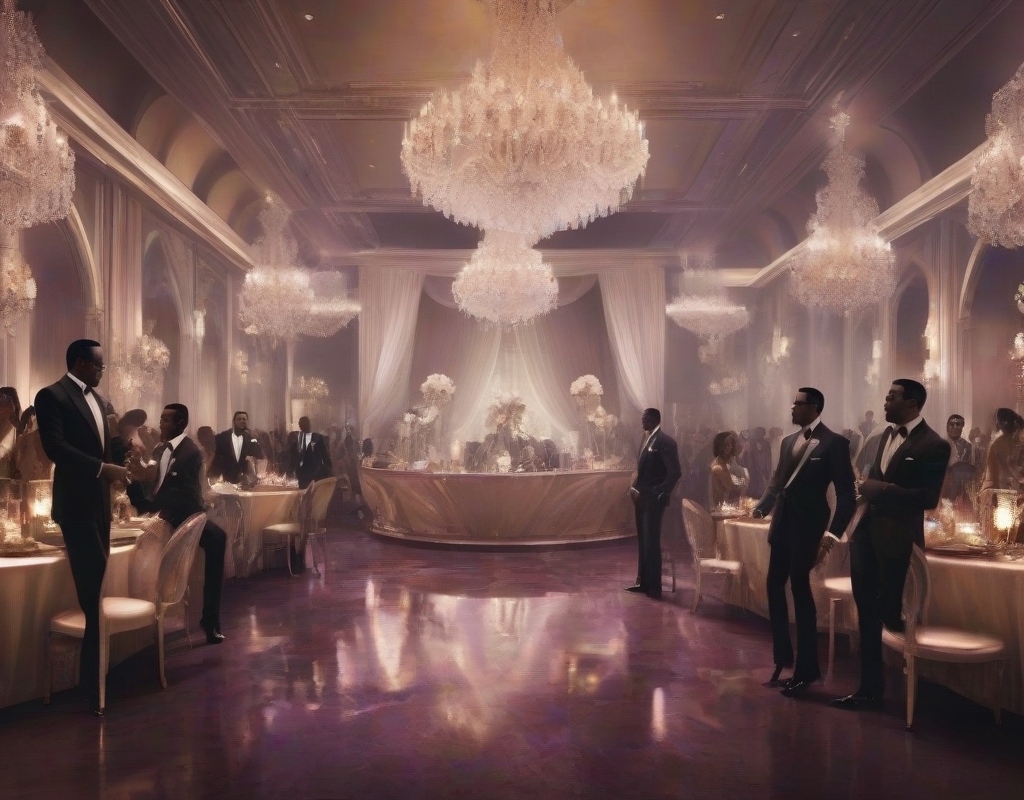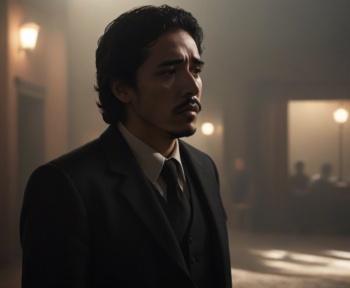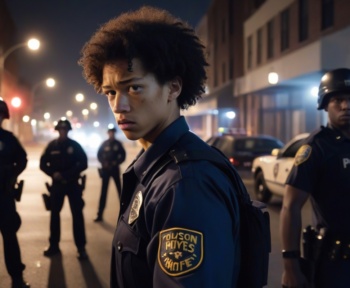Nick Cannon, the 44-year-old artist and television personality, recently disclosed an intriguing detail about his entry into the entertainment scene. During an appearance on “The Breakfast Club,” he revealed that he went to his first party hosted by Diddy when he was only 16 years old. This information has raised quite a few eyebrows, especially amidst Diddy’s ongoing legal issues.
Cannon’s statement caught “The Breakfast Club” co-hosts, DJ Envy and Charlamagne tha God, off guard as he recounted his early exposure to one of Diddy’s renowned events. He stressed that his attendance was completely wholesome, marked only by dancing and enjoying the festivities.
Diddy’s gatherings have historically been at the center of the hip-hop social sphere, known for their lavishness and exclusive attendance. However, these events have taken on a notorious reputation due to Diddy’s accumulating legal problems. He stands accused in various federal cases including sex trafficking and racketeering charges.
These legal issues have persisted, with Diddy’s trial scheduled for May 2025. He has sought bail while awaiting trial, a motion that has only fueled further debate, as prosecutors suggest that additional charges might be on the horizon.
Nick Cannon made it clear that his attendance at the party at age 16 was benign. Along with Loren LoRosa, who also attended, Cannon reiterated that their participation was innocent, involving basic social interactions and enjoyment of the event.
Diddy’s legal predicaments have cast a dark shadow over the image of his once-celebrated soirées, affecting how both the public and those in the entertainment industry view his legacy.
In light of Cannon’s disclosure, discussions have emerged about other celebrities’ experiences at Diddy’s events. The dichotomy in views—some highlighting the positive and others pointing out the negative—illustrates the complex weave of glamour and controversy that encompasses Diddy’s social empire.
The cultural footprint of Diddy’s parties extended beyond mere celebrations; they epitomized certain cultural moments in the entertainment world. Yet, the allegations and legal issues now surrounding Diddy have prompted a reassessment of these events and their broader implications.
With the trial looming, the fate of Diddy’s reputation hangs in the balance. The entertainment world watches closely, considering how the outcomes could reshape perceptions of his contributions to the industry. It’s a pivotal moment that could lead to a significant shift in how his legacy is viewed, highlighting a personal crisis and a chance for societal reflection.
Amidst the controversy, it’s crucial to consider the significance of Diddy’s events and the broader lessons they hold, recognizing the intertwined facets of fame and influence. As the narrative around these gatherings shifts, it serves as a sober reminder of the transient nature of celebrity status and the lasting influence of controversy.
Looking ahead, the uncertainty surrounding Diddy’s future is palpable. How his legacy will be interpreted in the forthcoming months remains uncertain. Regardless of the outcome, the saga of Diddy’s soirées will persist in capturing public interest, spotlighting the ephemeral nature of fame and the enduring resonance of contentiousness.
Ultimately, Nick Cannon’s unexpected admission stands as a significant marker of the complexities surrounding fame and the impact of cultural landmarks. In an evolving entertainment landscape, recognizing the dual nature of such events can provide valuable insights and guide future interactions in the industry.




